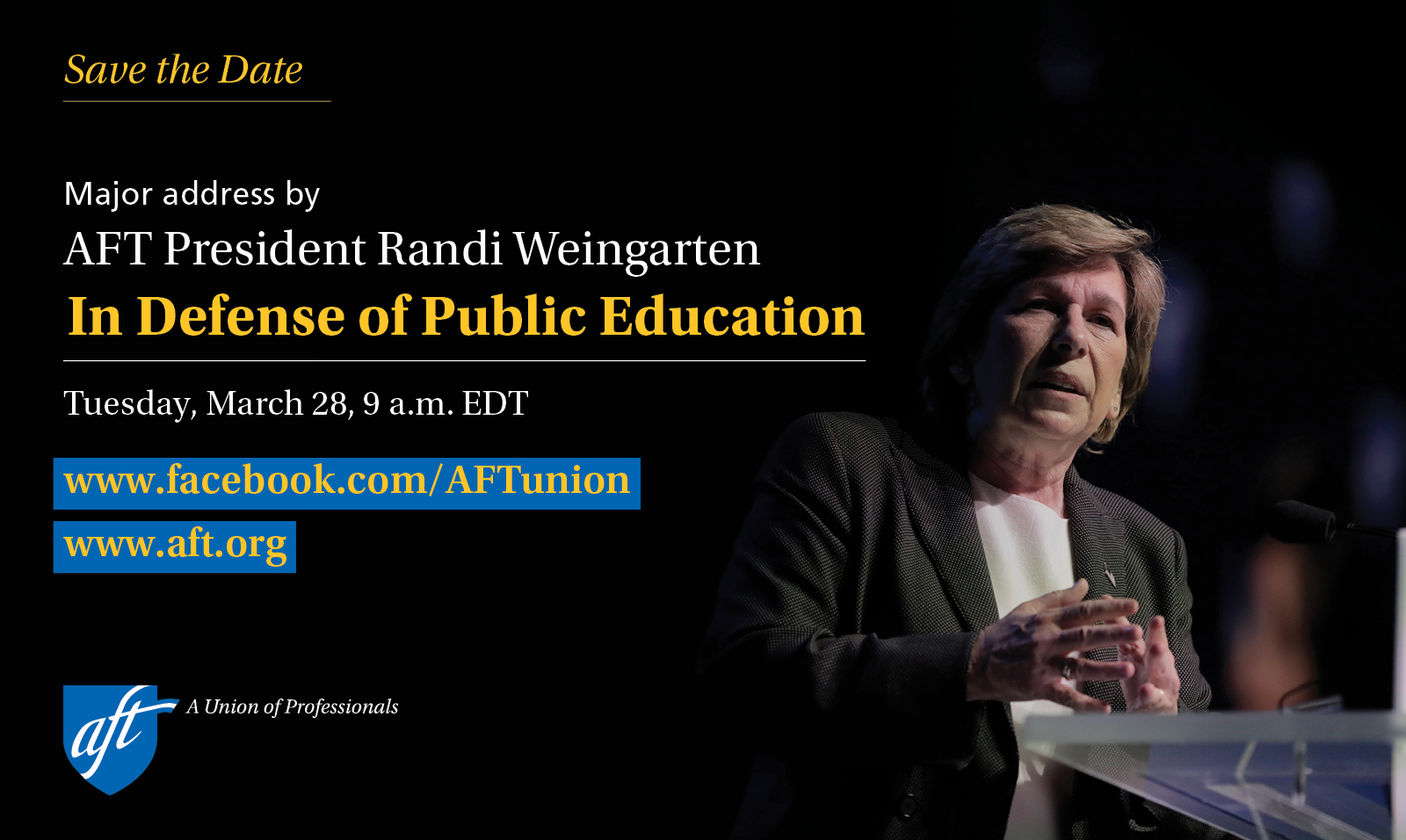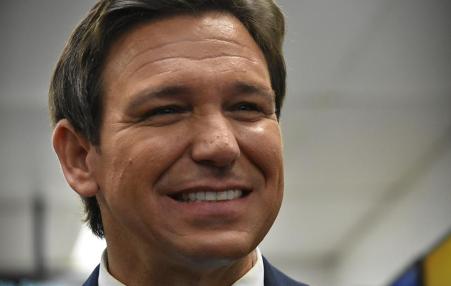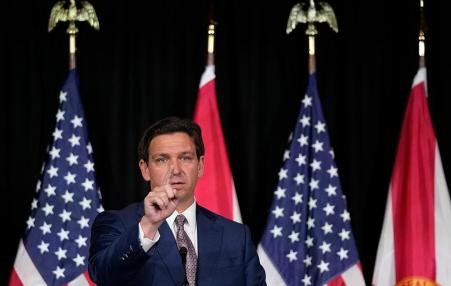Celebrating Cesar Chavez and Dolores Huerta
March 31 is Cesar Chavez’s birthday and Cesar Chavez Day – a state holiday in California, one of eight states to recognize the date, and one of the few holidays in the nation dedicated to a labor leader. Sacramento and dozens of cities, counties and labor federations will celebrate the life of Cesar Chavez.
The year 2012 was the 50th anniversary of the founding of the United Farm Workers (UFW) by Cesar Chavez, Dolores Huerta, Philip Vera Cruz and others. Celebrations held that year focused on the historic struggle for union rights and justice in the fields of California.
April 11, 2023 will be the 5th Annual Dolores Huerta Day in California. It will be her 93rd. birthday. Dolores Huerta was formerly an Honorary Co-Chair of Democratic Socialists of America.
For an update on the UFW 2023 see.
https://antiracismdsa.blogspot.com/2023/03/farmworkers-union-seeks-california.html
The UFW was the first successful union of farm workers in U.S. history. There had been more than ten prior attempts to build a farm workers’ union. Each of the prior attempts was destroyed by racism and corporate power. Chávez and Huerta chose to build a union that incorporated the strategies of social movements and community organizing and allied itself with churches, students, and organized labor. The successful creation of the UFW changed the nature of labor organizing in the Southwest and contributed significantly to the birth of Latino politics in the U.S. The UFW showed unions that immigrants can and must be organized.
Both Chavez and Dolores Huerta ( formerly a DSA Honorary Co Chair ) have received the Presidential Medal of Freedom and have been recognized by the U.S. Department of Labor and in the California Hall of Fame for their work.
Dolores Huerta remains active as a staunch advocate for women’s rights and reproductive freedom. She is an honorary DSA chair, a founding board member of the Feminist Majority Foundation and a member of the board of Ms. Magazine. She is active in Democratic Party conventions and campaigns and frequently speaks at universities and organizational forums and union halls on issues of social justice and public policy. Huerta continues to develop community leaders and to advocate for the working poor, immigrants, women and youth as president of the Dolores Huerta Foundation.
Today, school children study Chavez’s life - but the study of Dolores Huerta’s life is prohibited in Arizona and severely limited in Texas as socialist, “revolutionary,” or anti-American.
César Chavez, Dolores Huerta, Philip Vera Cruz, and others deliberately created a multiracial union. Mexican, Mexican-American, Filipino, African-American, Dominican, Puerto Rican and Arab workers, among others, have been part of the UFW. This cross-racial organizing was necessary in order to combat the prior divisions and exploitations of workers based upon race and language. Dividing the workers on racial and language lines, as well as immigration status, always left the corporations the winners.
In the 60's, Chávez and Huerta became the pre-eminent civil rights leaders for Mexican and Chicano workers, helping with local union struggles throughout the nation. They worked tirelessly to make people aware of the struggles of farm workers for better pay and safer working conditions. It is a testament to their skills and courage that the UFW even survived. They were opposed by major interests in corporate agriculture, including the Bruce Church and Gallo Corporations as well as the leadership of the Republican Party, then led by Ronald Reagan. Workers were fired, beaten, threatened and even killed in pursuit of union benefits . Non-union farm workers today continue to live on sub-poverty wages while producing abundant crops in the richest valley, in the richest state, in the richest nation in the world.
In response to corporate power, Chavez developed new strategies such as the boycott, based upon his personal commitment to non-violence in the tradition of Ghandi and Martin Luther King Jr. César Chavez died in his sleep on April 23, 1993 near Yuma, Arizona.
Today Mexican, Mexican-American and Latino union leadership is common in our major cities and in several industries and Latino union leaders increasingly play an important role in local, state, and national elections. For example, the mobilization of Latino families and voters was critical to the re-election of Barack Obama. The UFW was a school for organizing. Hundreds of activists in labor and community organizations owe their skills to UFW training and experience. Along with improved working conditions, salaries, and benefits for the unionized workers, training this cadre of organizers remains a major legacy of the UFW.
The UFW is also known for helping to create the California Agricultural Labor Relations Act in 1975, under then-Governor Jerry Brown, which gives farm workers collective bargaining rights. The law was made necessary by a 1972 Teamsters Union raid on UFW contracts. Sadly, the victory was only partial. While farm workers are often able to win elections under the ALRB, they seldom can win a contract. Growers stall and delay until the workers leave the area.
Today, under the leadership of UFW president Arturo Rodriguez, only about 25,000 farm workers enjoy benefits on the job. Wages and benefits in non union farm labor have again been reduced to the pre-union levels.
Chavez taught us that all organizations have problems, that all organizations are imperfect. Many curriculum packages for schools stress his emphasis on service to others. The service side of Cesar’s work was certainly inspiring. In the last decade, several books have been written criticizing the Chavez legacy. The union experienced both external and internal conflicts. But building popular organizations, while messy, builds people's power and democracy. In creating the UFW, Chavez and Huerta organized thousands into a union and inspired millions.
The organizing side of the UFW legacy changed the Southwest and organized labor. The movement led by Chavez and Huerta reduced the oppression of farm workers. Many people, descendents of earlier generations of farm workers, learned to take a stand for justice. They learned to not accept poor jobs, poor pay, or unsafe working conditions as natural or inevitable. Rather, these are social creations which can be changed through organizing for economic and political power.
Today, thousands of new immigrants harvest the crops, often indigenous Zapotec and Mixtec people from the south of Mexico, and only a small percent are in unions. The new generations of immigrants and migrant labor hardly know Chavez’s name nor the UFW’s contributions. Yet, in other regions immigrants are being organized into unions such as Justice for Janitors and Unite/Here by activists who learned their organizing skills working with the UFW. And, Latino political leaders often made their first commitments on a UFW picket line.
The generation that created the UFW is passing. A new generation of political activists, mostly within the Democratic Party, has emerged since the Chavez generation. Organizing the May Day 2006 massive immigrant rights demonstrations was significantly assisted by persons trained within the UFW. A new, significant Latino union and political base has been created in the nation.
Chavez's and Huerta’s legacy is significant for popular struggles, Chicano/Mexicano self-determination and immigrant workers’ unions. The UFW taught us how to organize for power and for justice. Chavez is present in all of our work. You can find out more about this remarkable leader at www.ufw.org; http://www.chavezfoundation.org/;
http://www.farmworkermovement.org/ : and MexicanAmericanDigitalHistory.org
Duane Campbell is professor emeritus of bilingual/multicultural education at California State University-Sacramento; author of Choosing Democracy: A Practical Guide to Multicultural Education, 4th Edition, (Allyn and Bacon,2010); and chair of Sacramento DSA.











